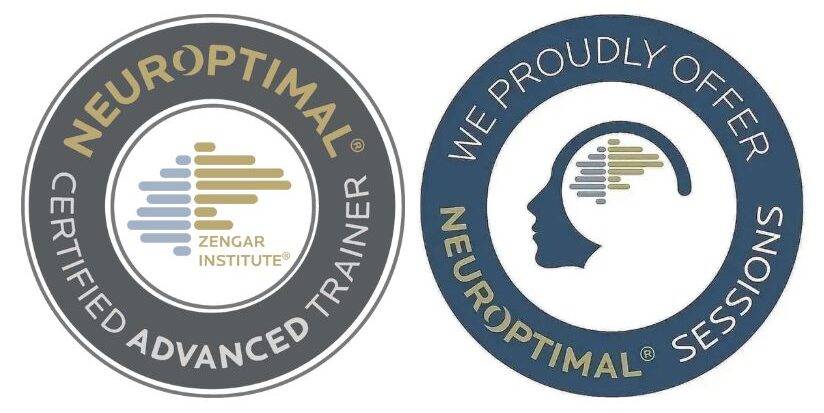Background
This success story follows a 42-year-old tradesman with a formal ADHD diagnosis. He came to an in-office Neurofeedback session as a support for his partner and ended up doing a session himself. Daily life on the job site often felt chaotic, with constant interruptions and task-switching leaving him mentally overloaded and frustrated. These challenges also spilled into his relationship, where mood swings and difficulty winding down after work had begun to take a toll.
His Journey and Results
After his first session, he noticed a significant difference. He began with 15 in-office Neurofeedback sessions and, noticing encouraging results, transitioned to a rental unit for greater convenience and consistency. Over the course of his training, several meaningful shifts began to emerge.
- He found himself less reactive on the job, normally interruptions once triggered intense frustration, he was now able to respond with more calm and flexibility.
- Switching between tasks became noticeably easier, allowing him to stay productive without getting mentally jammed every time he changed.
- Perhaps most importantly, his mood stabilised. He described feeling more ‘level-headed’ which made a big difference both at work and at home.
- With greater emotional balance, he was able to think more clearly, manage his workload more effectively and communicate with more patience. His girlfriend noticed the difference too & their relationship became more connected and less strained.
Whole Household Impact
Although this journey was individual, the ripple effects were clear. With his mood & focus improved, daily stress levels decreased and his relationship quality improved. The overall tone of his home life became calmer and more enjoyable, with fewer conflicts / more ease.
Conclusion
This tradesman’s experience highlights the value of Neurofeedback for adults managing ADHD. By supporting emotional regulation and mental flexibility, the training didn’t just help him perform better at work, it created the mental clarity and calm that allowed other areas of life to improve, too.
.


